Continuing the 6th Session program, on November 6, under the chairmanship of National Assembly Chairman Vuong Dinh Hue, the National Assembly conducted a question and answer session.
Provincial National Assembly delegates attended the meeting.
National Assembly Chairman Vuong Dinh Hue said that the question-and-answer session at the 6th Session will be conducted over 2.5 days, from the morning of November 6 to the morning of November 8. The question-and-answer session will be broadcast live on Vietnam Television, Voice of Vietnam , and National Assembly Television for voters and people nationwide to follow and monitor.
The National Assembly Chairman pointed out that this was the first time in the 15th tenure that the National Assembly questioned members of the Government and heads of sectors on the implementation of resolutions of the 14th National Assembly and from the beginning of the 15th National Assembly tenure to the end of the 4th Session on thematic supervision and questioning in various fields; the scope of content was very wide, related to 21 fields, including major and important issues, reflecting all aspects of socio -economic life, of great interest to the people and voters.
To improve the quality and effectiveness of questioning work, ensuring both comprehensiveness and focus, convenience for both National Assembly deputies and those answering questions, the National Assembly Standing Committee has arranged the questioning content into 4 groups of fields, specifically: The group of general economic fields includes issues related to the fields of planning and investment, finance, and banking; the group of sectoral economic fields includes issues related to the fields of industry and trade, agriculture and rural development, transportation, construction, natural resources and environment; the group of internal affairs and justice fields includes issues related to the fields of justice; internal affairs; security, order, and social safety; inspection; court; prosecution; audit; the group of cultural and social fields includes issues related to the fields of science and technology; education and training; culture, sports and tourism; health; labor, war invalids and social affairs; information and communication.
Regarding the questioning method, the National Assembly will spend a reasonable amount of time listening to the summary report on implementation and the report on the review of the implementation of the National Assembly's resolutions on thematic supervision and questioning. After conducting the questioning by group of areas, the Prime Minister will report to clarify some issues and directly answer the questions of the National Assembly deputies. The National Assembly Chairman will make a concluding speech on the questioning session. The National Assembly will consider and pass the resolution on questioning at the end of the session.
The National Assembly Chairman said that in the first two years of the XV tenure, the questioning and answering activities were carried out enthusiastically, democratically, responsibly and frankly with 923 delegates participating in questioning at 4 sessions of the National Assembly and 4 meetings of the National Assembly Standing Committee. Thereby, many existing problems, difficulties and pressing issues in the socio-economic situation were promptly considered and resolved; many important tasks and solutions were proposed, including timely adjustments to a number of current inappropriate regulations, removal of immediate shortcomings and inadequacies as well as strategic, fundamental and long-term issues, and continued recommendations to improve the legal system and enforcement organization; thanks to that, many fields have had positive changes, contributing to overcoming difficulties and promoting the country's socio-economic development.
Also through the questioning activities, many ministers and heads of sectors have the opportunity to transparently explain institutions and policies, more clearly identify shortcomings and limitations in the law enforcement process, and constantly improve the responsibility of leaders in overcoming limitations and shortcomings. These results continue to affirm that questioning is a particularly effective form of supervision, clearly demonstrating democracy, rule of law, professionalism, publicity, transparency and is a key and central step to improve the effectiveness and efficiency of the National Assembly's operations.
Continuing that success, at this question-and-answer session, the National Assembly Chairman requested that National Assembly deputies promote a constructive and responsible spirit, through practical activities, to clarify the implementation of recommendations on issues that have been supervised and questioned. If deemed necessary, the National Assembly should consider and decide on re-organizing supervision in accordance with the Law on Supervisory Activities of the National Assembly and People's Councils.
For Government members, ministers and heads of sectors, it is recommended to uphold the sense of responsibility before the National Assembly, voters and people nationwide to clarify the current situation, outstanding results achieved, things that have not been done or have not been done well; clearly point out objective and subjective causes and directions and solutions to continue implementation to create fundamental and substantive changes in each field being questioned.
After the opening remarks, the National Assembly listened to reports from the Government, the Chief Justice of the Supreme People's Court, the Chief Prosecutor of the Supreme People's Procuracy, the State Auditor General, a summary report on the inspection of the implementation of a number of resolutions of the 14th National Assembly on thematic supervision and questioning, and resolutions of the National Assembly on thematic supervision and questioning from the beginning of the 15th term to the end of the 4th Session.
Next, the National Assembly questioned members of the Government and heads of sectors on the implementation of a number of resolutions of the 14th National Assembly and from the beginning of the 15th National Assembly's term to the end of the 4th Session on thematic supervision, questioning groups of general economic sectors including issues related to the fields of planning and investment, finance, banking and groups of sectoral economic sectors including issues related to the fields of industry and trade, agriculture and rural development, transportation, construction, natural resources and environment.
Vu Son Tung
(Office of the National Assembly Delegation and Provincial People's Council)
Source


![[Photo] Hanoi morning of October 1: Prolonged flooding, people wade to work](https://vphoto.vietnam.vn/thumb/1200x675/vietnam/resource/IMAGE/2025/10/1/189be28938e3493fa26b2938efa2059e)


![[Photo] President of the Cuban National Assembly visits President Ho Chi Minh's Mausoleum](https://vphoto.vietnam.vn/thumb/1200x675/vietnam/resource/IMAGE/2025/10/1/39f1142310fc4dae9e3de4fcc9ac2ed0)
![[Photo] Keep your warehouse safe in all situations](https://vphoto.vietnam.vn/thumb/1200x675/vietnam/resource/IMAGE/2025/10/1/3eb4eceafe68497989865e7faa4e4d0e)

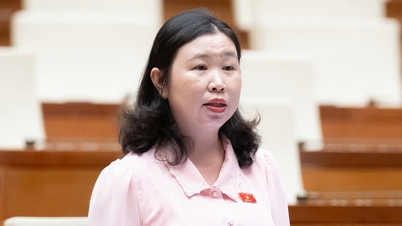

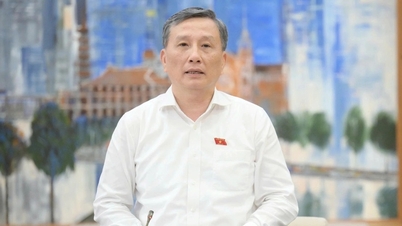



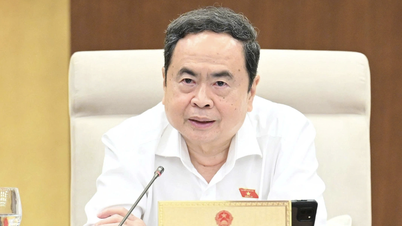
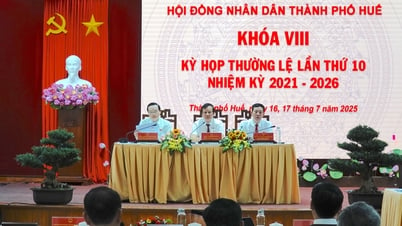

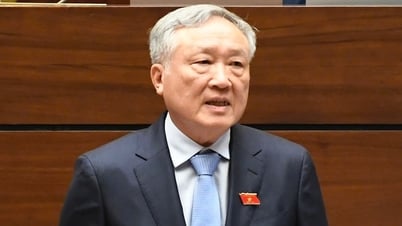

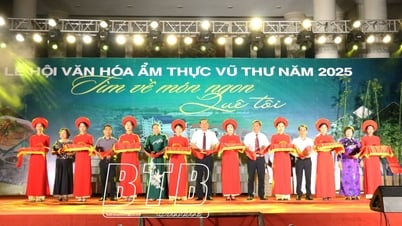


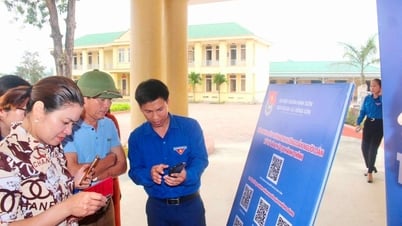
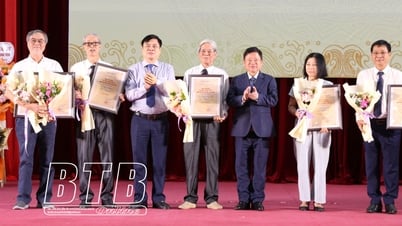
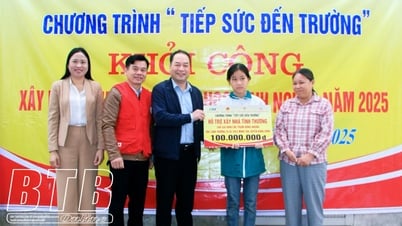








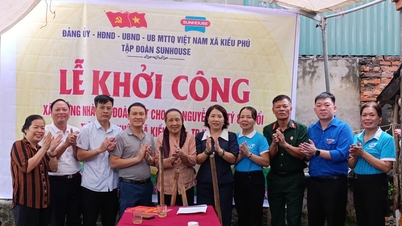
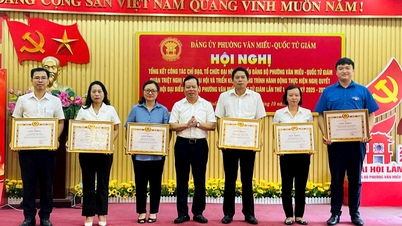
























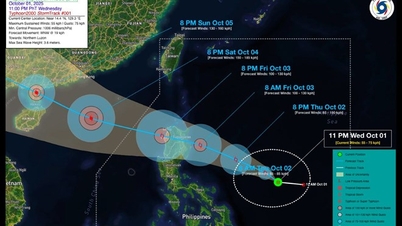












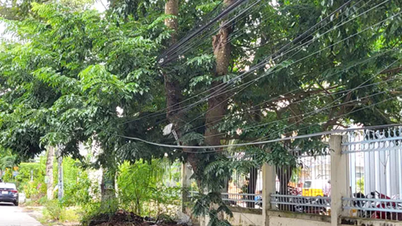





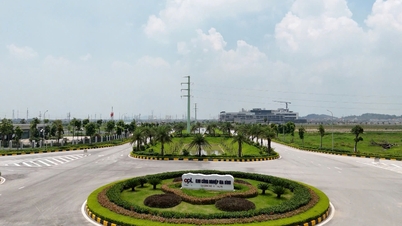
















Comment (0)